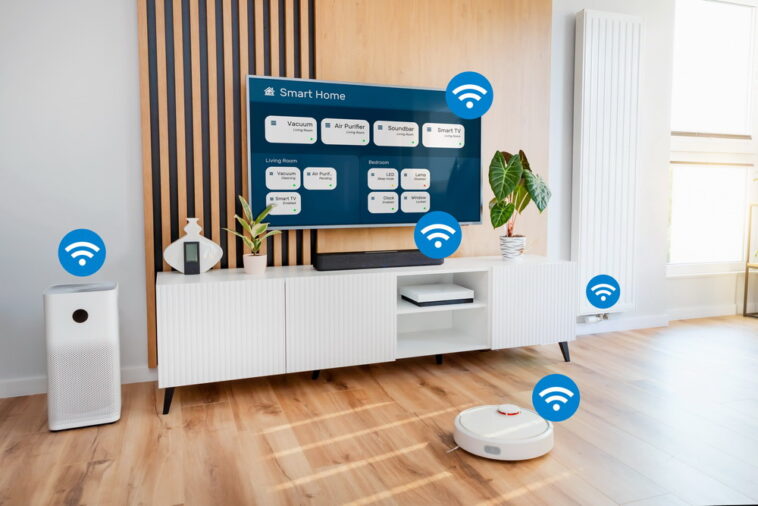Are you on the smart home train yet? I’m not, but I am planning to get on board just as soon as I finish my research. I want to have a good idea of how to proceed before I begin investing my hard-earned money in smart devices. One of the things I am intensely curious about is consumer opinion. What do consumers say about their smart home devices?
I was researching the topic when I ran across a post containing just about every statistic one could ask for in a search to understand the smart home market. Several of the statistics informed me as to what people are saying right now. I will use the remainder of this post to discuss my thoughts on them.
1. The Majority of Consumers Are Satisfied
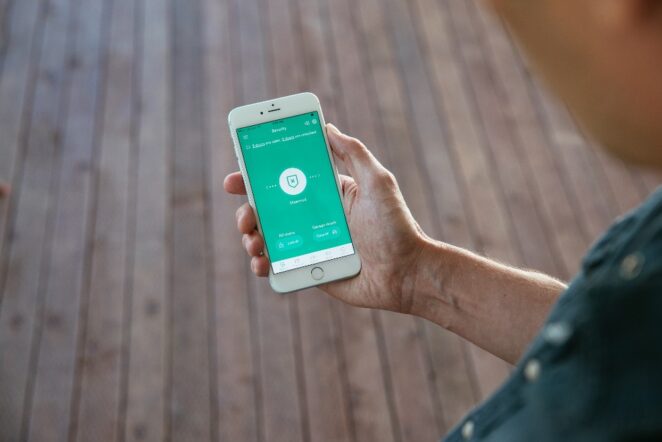
The vast majority of consumers (97%) with smart devices already in their homes report being somewhat or very satisfied with them. To me, this is the most important statistic of all. It is important for two reasons. First, it tells me that consumers are actually using their smart devices and happy to do so.
The second part of this is the actual number – 97%. That equates to nearly universal satisfaction with these devices. If you have at least one smart device in your home, it is virtually guaranteed that you are happy with it. That says something important to me. It says that getting on board the smart home train will be worth my while.
2. Most Say Smart Devices Have Had a Positive Impact
Next up, approximately 79% of consumers with smart home devices report that they have had a positive impact on life. That impact is felt in several different ways. For example, 57% say that technology makes them happier. Roughly 45% say it makes them more secure while 44% say that smart home tech makes them more productive.
I am not sure about happiness and productivity, but I sure get the safety aspect. I’ve been looking at smart home automation from Vivint.com. I see that I can get a pre-configured system that includes both convenience and safety features. Along with smart lighting and a thermostat, I can also get smart locks, video surveillance cameras, and even smoke and carbon monoxide detectors.
A primary benefit of smart home security is the ability to access devices remotely. Perhaps my eventual system will include three or four security cameras. Anytime I’m interested in seeing live video feeds, I will just pull out my phone and take a look. And if I want to change the view of a particular camera, I can adjust it from my phone as well.
3. Devices Are More Beneficial Than Originally Thought
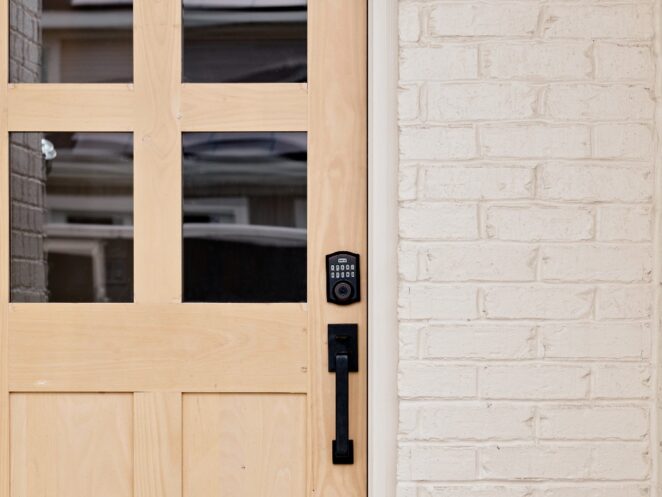
This next statistic surprised me: 71% of the participating consumers said that they found their smart home devices more beneficial then they had originally expected. That is good news. Realizing more benefits only leads to greater satisfaction.
Among the most coveted benefits of smart home tech are convenience and usefulness. I get the convenience thing. It is a lot easier to unlock the front door by speaking to your phone, before you get out of the car, than trying to wrangle your keys while carrying two bags of groceries.
It’s also pretty convenient to tap one button on your phone to automatically lock all of your doors at the end of the day. It is convenient to program your system to automatically turn the lights off when you enter the master bedroom.
4. There Are Legitimate Concerns
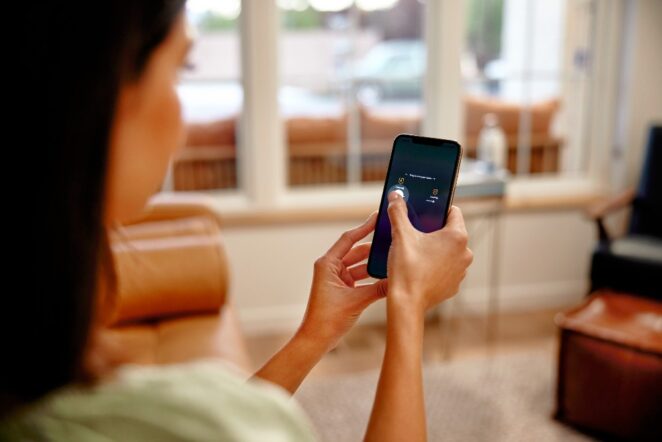
As exciting as this relatively new home technology is, there are concerns. Chief among them are security concerns. The fact remains that smart home tech relies on wireless connections. It relies on cloud storage and apps. There is always the possibility that a smart home system could be compromised.
Approximately 79% of U.S. consumers express at least one concern pertaining to smart home tech. What concerns do they report? Here are two security concerns:
- Data Leaks – 63% of consumers with smart devices in their homes are concerned about data leaks. They are especially concerned about third-party vendors and utility providers.
- Data Security – 74% report concerns about their security. Above and beyond mere data leaks, they are concerned that their personal data is at risk when smart devices are utilized.
These two concerns are so pervasive that roughly 65% of those who had such concerns are still unwilling to install smart home devices even if doing so meant getting a reduction in their homeowner’s insurance premiums. That ispretty amazing to me.
There are other concerns above and beyond security. They include:
- Price (too expensive) – 33%
- Usability if the internet is down – 29%
- Having to remember passwords – 23%
- Being locked out of their systems – 22%
It is clear from the statistics that people are concerned about smart home tech even though the vast majority of people who have already adopted it are satisfied. I cannot say for sure, but I would guess most of the concerns are among that group of people who have not yet gotten on the smart home train.
5. More Than One Device
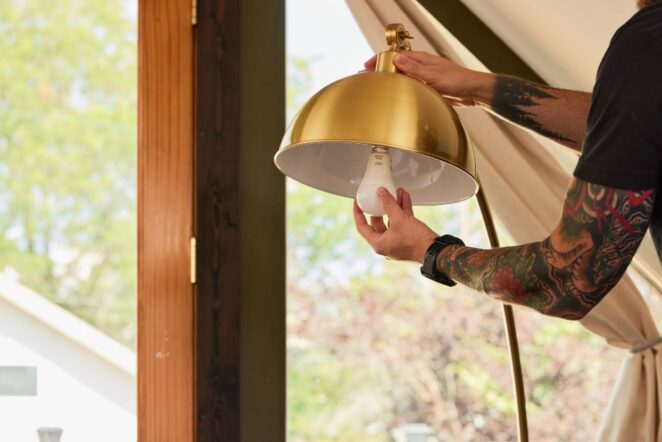
Finally, it’s unusual for a home with smart technology to offer just a single device. According to the data, the average number of smart devices in an American home is eight. That ispretty impressive.
So what types of devices do people have in their homes? Video cameras and speakers top the list. They are followed by smart lighting, thermostats and locks. Interestingly, most people are introduced to the smart tech concept with just a single device only to add more devices later on.
Now that I know what people say about their own smart devices, I am more inclined than ever to get on board. I share some of the security concerns, but I consider myself tech savvy enough to address them. The fact that so many people are so satisfied with their current smart tech gives me the confidence I need to move forward.



